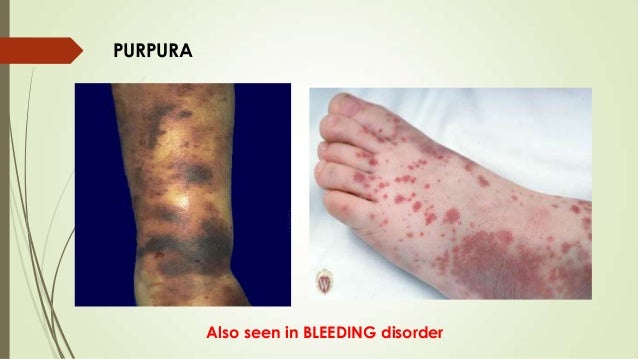If you’ve received the news that your lung contains something “suspicious,” this may be a source of great distress. The first thing that may come to mind is a dreaded word: cancer. In many cases, though, a lung nodule turns out to be benign. This means that it isn’t cancer. A hard part is waiting and not knowing. Here’s information that may make your wait just a little bit easier.
What Are Benign Lung Nodules and Benign Lung Tumors?
A nodule is a “spot on the lung,” seen on an X-ray or computed tomography (CT) scan. In fact, a nodule shows up on about one in every 500 chest X-rays. Normal lung tissue surrounds this small round or oval solid overgrowth of tissue. It may be a single or solitary pulmonary nodule. Or, you may have multiple nodules.
Your lung nodule is more likely to be benign if:
- You are younger than age 40.
- You are a nonsmoker.
- There is calcium in the nodule.
- The nodule is small.
A benign lung tumor is an abnormal growth of tissue that serves no purpose and is found not to be cancerous. Benign lung tumors may grow from many different structures in the lung.
Determining whether a nodule is a benign tumor or an early stage of cancer is very important. That’s because early detection and treatment of lung cancer can greatly enhance your survival.
What Are the Symptoms of Benign Lung Nodules and Tumors?
Benign lung nodules and tumors usually cause no symptoms. This is why they are almost always found accidentally on a chest X-ray or CT scan. However, they may lead to symptoms like these:
- wheezing
- Coughing that lasts or coughing up blood
- Shortness of breath
- Fever, especially if pneumonia is present

What Are the Causes of Benign Lung Nodules and Tumors?
The causes of benign lung tumors and nodules are poorly understood. But in general, they often result from problems like these:
Inflammation from infections such as:
- An infectious fungus (histoplasmosis, coccidioidomycosis, cryptococcosis, or aspergillosis, for example)
- Tuberculosis (TB)
- A lung abscess
- Round pneumonia (rare in adults)
Inflammation from noninfectious causes such as:
- Rheumatoid arthritis
- Wegener granulomatosis
- Sarcoidosis
-
Birth defects such as a lung cyst or other lung malformation.
These are some of the more common types of benign lung tumors:
- Hamartomas are the most common type of benign lung tumor and the third most common cause of solitary pulmonary nodules. These firm marble-like tumors are made up of tissue from the lung’s lining as well as tissue such as fat and cartilage. They are usually located in the periphery of the lung.
- Bronchial adenomas make up about half of all benign lung tumors. They are a diverse group of tumors that arise from mucous glands and ducts of the windpipe or large airways of the lung. A mucous gland adenoma is an example of a true benign bronchial adenoma.
- Rare neoplasms may include chondromas, fibromas, or lipomas — benign tumors made up of connective tissue or fatty tissue.




















